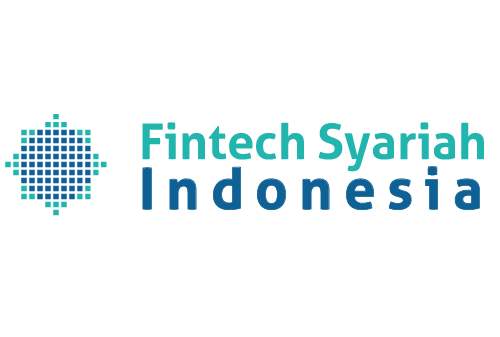Peran ZIS Terhadap Peningkatan Kesejahteraan Sosial di Indonesia
DOI:
https://doi.org/10.59580/iesbir.v2i2.6003Abstract
Zakat, infaq and alms (ZIS) have a very important role in the Indonesian economy. However, in practice there are still a number of challenges that need to be faced in managing ZIS in Indonesia. This research aims to analyze the potential for the development of ZIS, ZIS for alleviating poverty and realizing social welfare. This study uses a descriptive qualitative approach with secondary data sources derived from books, e-books, the internet, scientific articles, and thesis or previous research related to the research object. The results of this study indicate that the potential for the development of zakat, infaq, and alms in Indonesia is still very large. Synergy is needed between the government, zakat institutions, and the community in increasing the collection and distribution of zakat for the common good. ZIS plays a role in helping to equalize income so that it can help increase consumption and people's purchasing power and have an impact on increasing economic growth. Furthermore, zakat plays a role in helping to alleviate poverty through the distribution of zakat funds in two ways, namely consumptive and productive to the main beneficiary groups, namely the poor and the poor. Welfare indicators related to maqasid sharia state that if the five contexts in maqasid sharia are fulfilled properly, social welfare can be realized. Then the ZIS funds can be distributed to meet the needs of maqashid sharia to help realize the benefit and prosperity in society.
Keywords: Distribution; Poverty; Potency ; Welfare; ZIS
Downloads
Published
How to Cite
Issue
Section
License
Copyright (c) 2023 Andira Tsaniya Al-Labiyah, Lusi Nurul Aulia, Najuwa Aurel Annisa, Lili Puspita Sari

This work is licensed under a Creative Commons Attribution 4.0 International License.
Authors who publish with this journal agree to the following terms:
- Authors retain copyright and grant the journal right of first publication with the work simultaneously licensed under a Creative Commons Attribution 4.0 International License that allows others to share the work with an acknowledgment of the work's authorship and initial publication in this journal.
- Authors can enter into separate, additional contractual arrangements for the non-exclusive distribution of the journal's published version of the work (e.g., post it to an institutional repository or publish it in a book), with an acknowledgment of its initial publication in this journal.
- Authors are permitted and encouraged to post their work online (e.g., in institutional repositories or on their website) before and during the submission process, as it can lead to productive exchanges, as well as earlier and greater citation of published work.

This work is licensed under a Creative Commons Attribution 4.0 International License.












